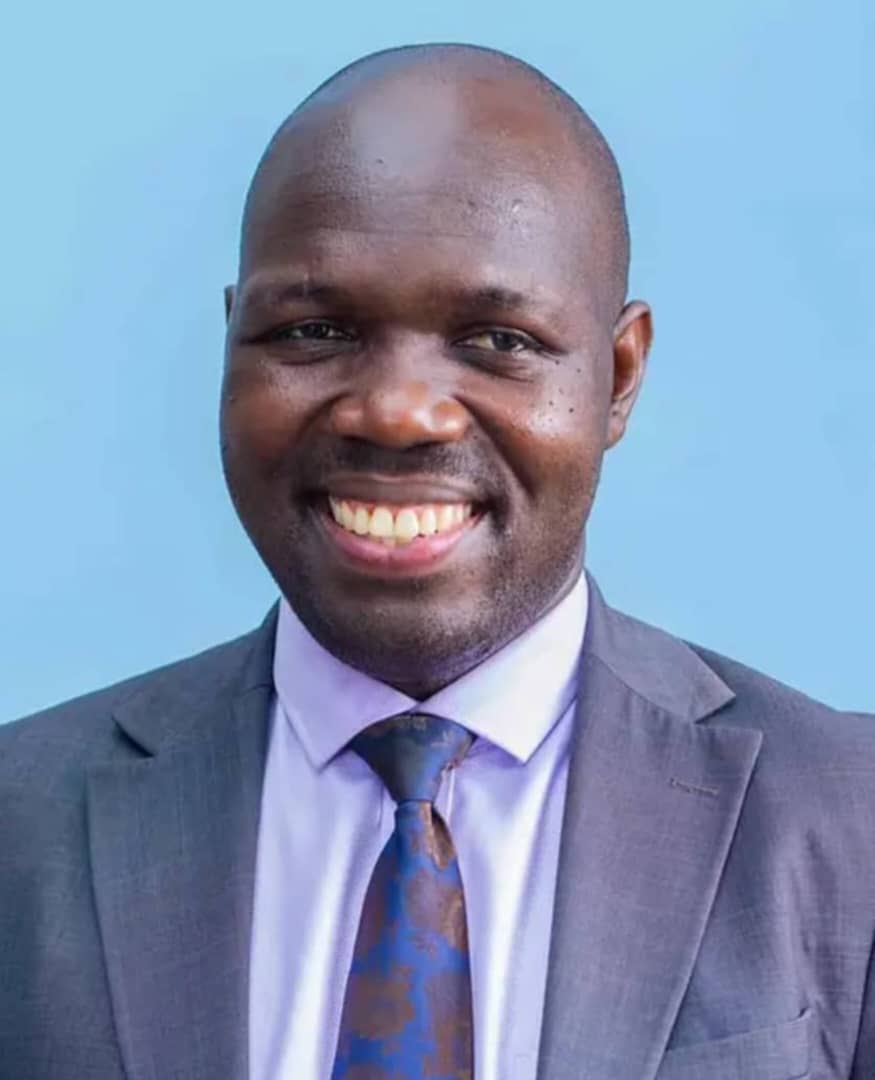Ethiopia Upholds Justice and Equality in Rejecting TPLF’s Shortcut - ENA English
Ethiopia Upholds Justice and Equality in Rejecting TPLF’s Shortcut

By Kungu Al-mahadi Adam
Ethiopia’s National Electoral Board (NEBE) recently rejected the Tigray People’s Liberation Front’s (TPLF) request to be reinstated as a political party without undergoing the standard registration process.
This decision underscores Ethiopia’s commitment to upholding the rule of law, ensuring political accountability, and fostering a democratic system that prioritizes fairness and transparency.
The TPLF, once a dominant force in Ethiopian politics, must not be granted special privileges that undermine the legal framework governing political parties. Ethiopia’s stance is not only justified but also critical for the nation’s democratic progress.
The TPLF’s request for reinstatement stems from its delisting as a political party in 2021, following its designation as a terrorist organization by the Ethiopian government.
This designation was not arbitrary; it was a response to the TPLF’s armed rebellion against the federal government, which plunged the Tigray region and beyond into a devastating conflict.
The group’s actions, including attacks on federal military bases and incitement of violence, caused immense suffering, displacing millions and destabilizing the region.
Allowing such an entity to bypass the legal registration process would send a dangerous message: that political violence can be rewarded with exemptions from accountability.
Ethiopia’s electoral laws are clear. Any group seeking to operate as a political party must meet stringent requirements, including gathering signatures, demonstrating a commitment to democratic principles, and complying with the country’s legal framework.
These rules exist to ensure that political actors operate within the bounds of the law and respect the sovereignty of the state.
The TPLF’s attempt to sidestep this process is not only an affront to Ethiopia’s legal system but also a reflection of the group’s lingering sense of entitlement from its decades-long dominance under the Ethiopian People’s Revolutionary Democratic Front (EPRDF).
Critics of the NEBE’s decision may argue that denying the TPLF reinstatement risks alienating the Tigrayan population and hindering reconciliation efforts.
However, this argument overlooks a fundamental point: political parties are not synonymous with ethnic groups. The people of Tigray, like all Ethiopians, deserve representation through lawful and democratic means.
Allowing the TPLF to bypass registration would unfairly elevate one group above others, undermining the principle of equal treatment under the law. Moreover, it would erode public trust in the electoral process by suggesting that certain actors are above scrutiny.
The Pretoria Peace Agreement of 2022, which ended the Tigray conflict, is often cited by TPLF supporters as a basis for reinstatement.
Yet, the agreement does not grant the TPLF automatic political status. Instead, it emphasizes disarmament, demobilization, and reintegration, alongside a commitment to resolving disputes through legal and peaceful means.
The TPLF’s insistence on special treatment contradicts the spirit of the agreement and risks reigniting tensions rather than fostering unity.
Ethiopia’s rejection of the TPLF’s request also sets a vital precedent for political accountability. Across Africa, where histories of armed insurgencies and political violence are not uncommon, nations must establish clear boundaries for political participation.
Allowing groups to transition from militancy to politics without rigorous vetting risks legitimizing violence as a pathway to power. Ethiopia’s insistence on a fresh registration process sends a message to all political actors: compliance with the law is non-negotiable.
The TPLF has a choice. It can demonstrate its commitment to democracy by fulfilling the registration requirements, engaging in transparent dialogue, and renouncing its past reliance on coercion.
Alternatively, it can continue to demand special treatment, further alienating itself from Ethiopia’s evolving political landscape.
The NEBE’s decision empowers the TPLF to take the lawful path, should it choose to do so, while safeguarding the integrity of Ethiopia’s democratic institutions.
Ethiopia stands at a critical juncture. As the country navigates its complex political transition, decisions like the NEBE’s reinforce the importance of building a system rooted in fairness, accountability, and respect for the rule of law.
By rejecting the TPLF’s request for reinstatement without a fresh registration process, Ethiopia is not closing the door on political participation—it is ensuring that all players enter through the same gate.
This is a victory for democracy and a step toward a more inclusive and stable future.
The writer is a Ugandan journalist who has consistently covered and followed the conflict in Tigray.
adamkungu7@gmail.com